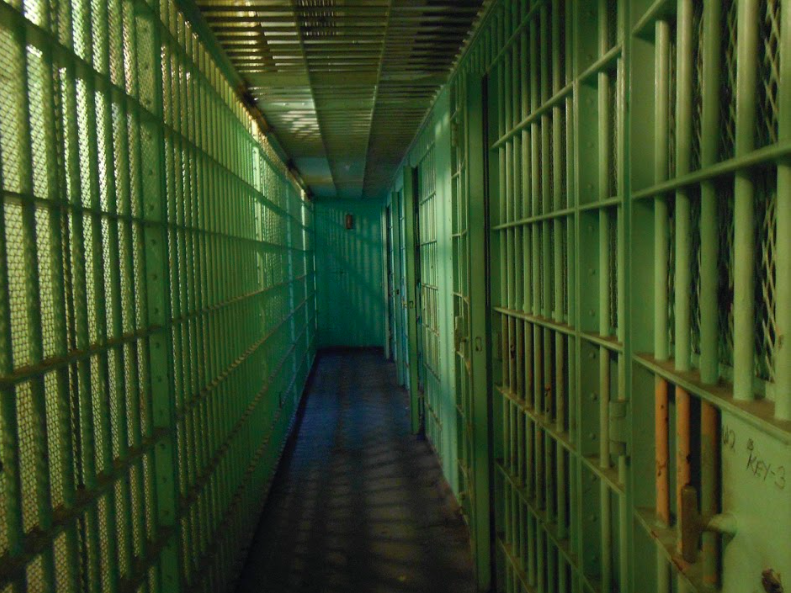The infamous Rikers Island jail complex is expected to close its doors within the next decade due to a decision by the New York City Council. Instead, the city is opening borough-based detention centers in every borough except Staten Island. Currently, Rikers Island can house nearly 10,000 inmates and is one of the country’s most notorious correctional facilities.
While the implementation of the four new borough jails has many logistical problems, I believe that the closing of Rikers Island is monumental for the movement of criminal justice reform in New York City. The closing of the jail complex symbolizes more than just the abolishment of a dangerous and inhumane jail, but it also places New York City at the forefront of the national movement to reverse mass incarceration, an issue that has historically affected black and Latinx people.
Rikers Island has long been known as one of the most dangerous jails, but in recent years, it has gained national attention for having a seemingly unfixable culture of abuse. In 2012, Rikers recorded that more than 14 percent of adolescents detained between the ages of 16 and 18 were held in solitary confinement at least one time. They also recorded that more than 48 percent of adolescents at the institution had been diagnosed with mental health problems. The violent conditions at Rikers are even more shocking considering that the majority of people at the jail are awaiting trial and have not yet been convicted of a crime. Rikers Island has become a place where violence and abuse are allowed to flourish, far away from the public eye.
The City Council hopes that abolishing Riker’s and creating the borough-based jails will help minimize violence and promote community integration. While I’m all for the closing of Rikers, I’m not sure that New York City needs four new jails. The new jails would cost a whopping $8 billion, have 886 beds each and would require the reduction of the jail population by more than half by 2026. My concern is that by focusing on the physical structure of Rikers Island itself, and not addressing the abhorrent culture of violence and abuse that exists there, we may be ignoring a much larger problem. My biggest fear is that this same culture may leak into these new jails and that the major issues such as the existence of solitary confinement and the treatment of those with mental illnesses will not be corrected. I’m hoping that these new jails symbolize a shift in our criminal justice system and not just a continuation of the toxicity at Rikers.
I believe that the closing of Rikers Island is revolutionary. We owe it to inmates like Kalief Browder, Korey Wise and all the other inmates whose names and stories that we will probably never know. We owe it to the future of New York City to treat every single inmate with respect because when we mistreat, abuse, violate and dehumanize people when they’re behind bars, we are forced to deal with the consequences when they are released. Closing Rikers is a good call. My concern is: what’s next?








